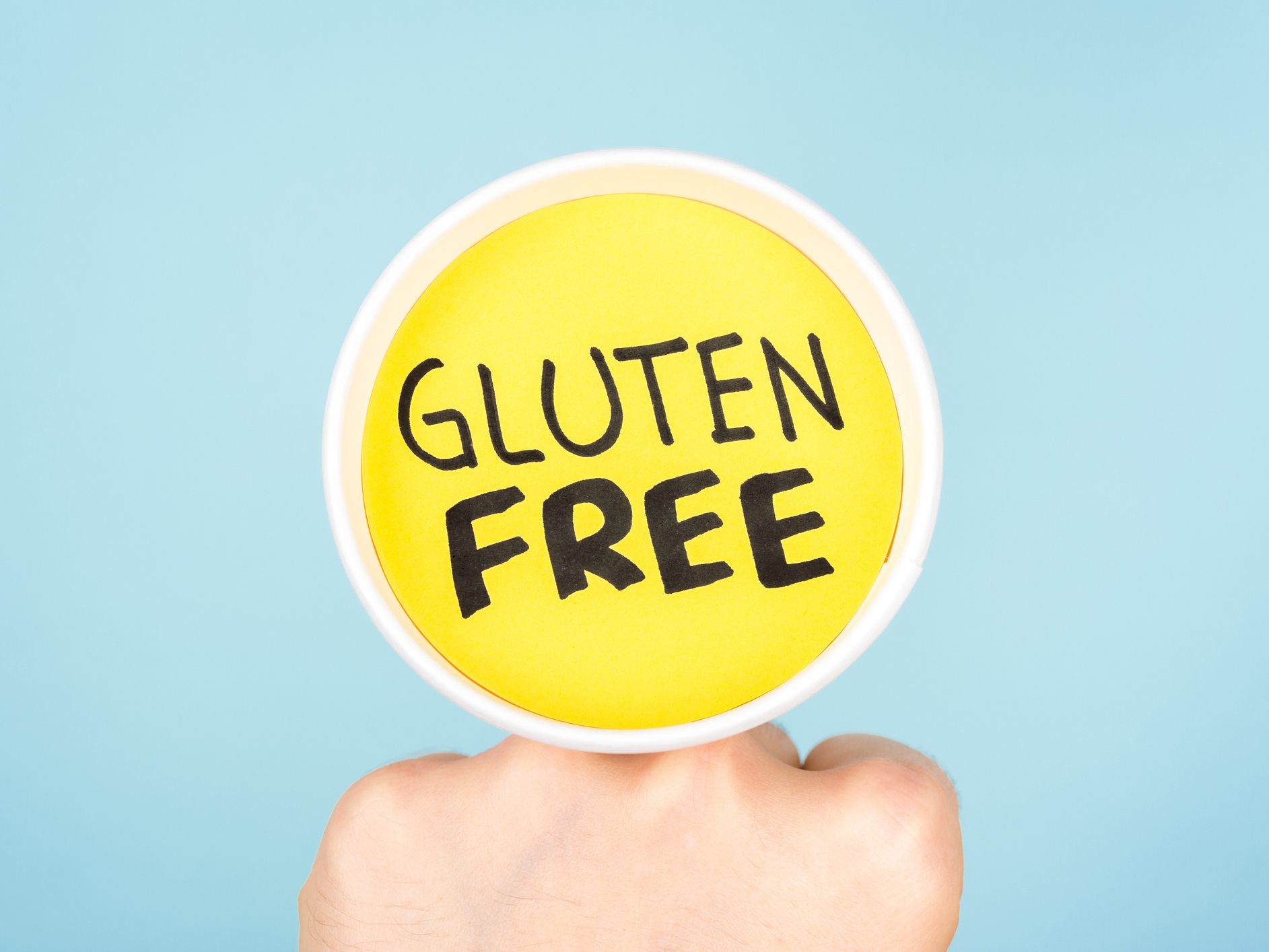Get Easy Health Digest™ in your inbox and don’t miss a thing when you subscribe today. Plus, get the free bonus report, Mother Nature’s Tips, Tricks and Remedies for Cholesterol, Blood Pressure & Blood Sugar as my way of saying welcome to the community!
Going gluten free? Necessity for some, risky for others

Have you jumped on the gluten-free bandwagon yet?
It seems that everywhere you turn these days, people, including some big-name celebrities, are going gluten-free, claiming that it’s helped them with weight loss, energy and their health in general.
There’s a ton of research, though, that speaks directly against the practice of eliminating gluten from your diet, unless you’ve been diagnosed with celiac disease or, on the other end of the spectrum, suffer from gluten sensitivity.
Most recently, a small but rigorous study has proven that, if it hasn’t been medically recommended for you, there’s little or no value in eliminating gluten from your diet. In fact, it may be depriving you of some needed nutrients.
First, let’s understand what gluten is, and how it causes problems for certain people.
What is gluten? Who should NOT eat it?
Gluten is a protein found in wheat, rye, and barley. Gluten makes bread products chewy and gives them an elastic quality, so it is important to the making of baked goods.
People with celiac disease cannot eat even a small amount of gluten without suffering debilitating stomach pain, diarrhea and bloating. As little as 50 mg, about the size of a small crouton, can trigger an immune response that damages the lining of the small intestine.
This, in turn, impairs the absorption of other nutrients, which can cause other problems, including anemia, osteoporosis and even nerve damage.
People on the other end of the spectrum may be gluten intolerant, meaning they experience uncomfortable symptoms, but without the intestinal damage. However, those miserable symptoms, including bloating, diarrhea, skin problems, and even brain fog can have a negative impact on their quality of life.
Celiac disease can be diagnosed with a blood test that looks for the presence of a protein called tissue transglutaminase. But it’s not so easy to get a doctor to recognize gluten sensitivity.
Gluten-free diet holds no health benefits for healthy people
Earlier this year, gastroenterologists and other scientists at Royal Hallamshire Hospital in the United Kingdom conducted a double-blind, randomized controlled trial, one of the most rigorous types of experiments.
The results showed that for people without celiac disease or gluten sensitivity, eliminating gluten from their diet held no significant health benefits.
For over two weeks, 28 volunteers, randomly split into two groups, were asked to follow a gluten-free diet, while also consuming a dose of flour twice a day that equaled either 14 grams of gluten or was entirely gluten-free. Not even the researchers were aware of who was receiving which type of flour.
Independent analyses between the randomized groups showed no significant differences among healthy patients in any symptoms, including abdominal pain.
In contrast, a double-blind randomized controlled study using subjects with non-celiac gluten sensitivity found over 90 percent of patients had a clinical relapse when consuming gluten.
Avoiding gluten unnecessarily can actually be bad for you
If you are intent on giving a gluten-free diet a try, it’s a good idea to run it by your doctor first.
Also, there are a few things you should be aware of.
The perception that many people have, from the media and all the “talk” out there, is that ‘gluten-free’ automatically means ‘healthy.’ This is not necessarily the case.
- There are gluten-free snacks that are just as full of sugar as other snacks. There are gluten-free processed foods that have nothing to recommend them, nutritionally, than other processed foods.
- When you embark on a gluten-free diet, you run the risk of missing out on whole grain’s important vitamins, nutrients, and minerals, including, protein, important B vitamins, antioxidants and trace minerals: iron, zinc, copper, and magnesium. And we can’t forget grain’s newly discovered heart-protective compound reported to work almost like a drug.
- Whole wheat is a valuable source of dietary fiber, which you will need to replace with foods like quinoa, brown rice, and salads.
Sources:
- One of The Most Rigorous Experiments We Have Shows Gluten Isn’t Bad For Healthy People — ScienceAlert
- Gluten Does Not Induce Gastrointestinal Symptoms in Healthy Volunteers: A Double-Blind Randomized Placebo Trial — Gastroenterology
- Going gluten-free just because? Here’s what you need to know — Harvard Health Publishing
- Double-Blind Randomized Clinical Trial: Gluten versus Placebo Rechallenge in Patients with Lymphocytic Enteritis and Suspected Celiac Disease — PLoS One
- Who Really Should Be on a Gluten-Free Diet? — Everyday Health













